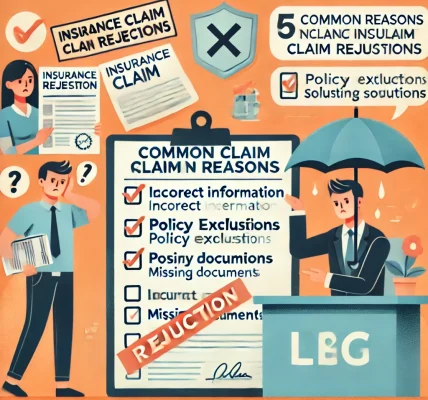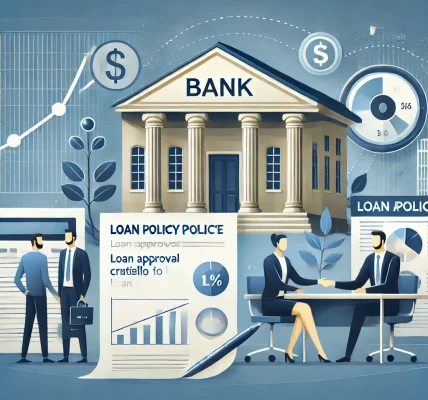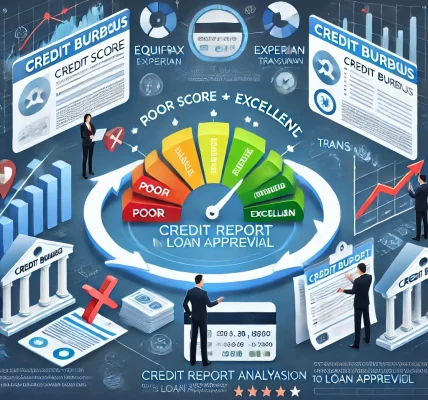Introduction
For many individuals, securing a loan can be a challenging process, especially when dealing with high-interest rates from traditional banks or predatory lenders. Credit unions offer a viable alternative by providing affordable loans with competitive interest rates, flexible terms, and a community-focused approach.
This blog explores how credit unions function, the benefits they offer, and why they are a preferred choice for borrowers looking for cost-effective financing solutions.
What Are Credit Unions?
A credit union is a not-for-profit financial cooperative owned and operated by its members. Unlike commercial banks, which focus on generating profits for shareholders, credit unions exist to serve their members by providing financial services, including savings accounts, checking accounts, and affordable loan options.
Key Differences Between Credit Unions and Banks:
| Feature | Credit Unions | Banks |
|---|---|---|
| Ownership | Member-owned | Shareholder-owned |
| Profit Model | Not-for-profit | For-profit |
| Loan Interest Rates | Lower, member-friendly | Higher, profit-driven |
| Membership | Requires eligibility | Open to all |
| Customer Service | Personalized | Transactional |
Why Credit Unions Offer More Affordable Loans
Credit unions offer lower interest rates and better loan terms than traditional banks due to their not-for-profit structure. Since they do not focus on maximizing profits, they can pass savings directly to their members.
Key Reasons Credit Unions Provide Affordable Loans:
✅ Lower Interest Rates: Credit unions typically offer lower rates on personal loans, auto loans, and mortgages compared to banks. ✅ Flexible Repayment Terms: Members can access repayment plans tailored to their financial situation. ✅ Fewer Fees: Credit unions often have minimal processing fees, reducing the overall cost of borrowing. ✅ Member-Focused Lending: Loan approvals are based on a holistic financial assessment rather than just credit scores. ✅ Personalized Customer Service: Borrowers receive individualized guidance to make informed financial decisions.
Types of Loans Offered by Credit Unions
Credit unions provide various loan options tailored to members’ needs. Some of the most common loan products include:
1. Personal Loans
- Used for emergencies, medical bills, or major purchases.
- Lower interest rates than payday loans or credit cards.
2. Auto Loans
- Competitive financing for new and used vehicles.
- Lower interest rates compared to dealership financing.
3. Home Loans & Mortgages
- Affordable mortgage rates with flexible repayment terms.
- First-time homebuyer programs with lower down payment requirements.
4. Credit Builder Loans
- Designed to help individuals improve their credit score.
- Borrowers make small monthly payments, which are reported to credit bureaus.
5. Debt Consolidation Loans
- Helps borrowers merge multiple debts into a single lower-interest loan.
- Simplifies repayment and reduces financial stress.
Eligibility and Membership Requirements
To access credit union loans, individuals must first become members. Membership criteria vary but often include:
- Living in a specific geographic area.
- Working in a particular industry or company.
- Being affiliated with certain organizations or community groups.
Once a member, individuals can apply for loans and take advantage of other financial services.
How to Apply for a Credit Union Loan
Applying for a loan at a credit union is straightforward and often more member-friendly than at traditional banks. Follow these steps:
Step 1: Become a Member
- Check the eligibility criteria and join a local credit union.
- Open a savings or checking account as required.
Step 2: Evaluate Loan Options
- Determine which loan product suits your financial needs.
- Compare interest rates and repayment terms.
Step 3: Gather Necessary Documents
- Proof of income (pay stubs, tax returns, or bank statements).
- Credit history and existing debt details.
- Identification documents (passport, driver’s license, etc.).
Step 4: Submit Loan Application
- Apply online or in person at the credit union branch.
- Provide necessary documents and complete the application form.
Step 5: Loan Approval & Disbursement
- The credit union reviews your financial status and approves the loan.
- Funds are disbursed within a few days upon approval.
Advantages of Choosing a Credit Union Loan Over a Bank Loan
Choosing a credit union for financing offers several advantages over traditional banks:
| Benefit | Credit Union Loan | Bank Loan |
| Interest Rates | Lower | Higher |
| Fees | Minimal | Often high |
| Customer Service | Personalized | Standardized |
| Loan Approval Flexibility | Higher | Stricter criteria |
| Member Benefits | Yes | No |
For individuals with low credit scores or limited financial history, credit unions provide a more accessible and cost-effective borrowing option.
Are There Any Downsides to Credit Union Loans?
While credit unions offer numerous benefits, there are a few limitations to consider: ❌ Limited Availability: Not everyone may qualify for membership. ❌ Fewer Branches & ATMs: Credit unions have a smaller network compared to big banks. ❌ Less Technology-Driven: Online banking services may not be as advanced as major banks.
Conclusion
Credit unions play a vital role in providing affordable, member-friendly loans for individuals and businesses. Their lower interest rates, flexible terms, and personalized services make them a strong alternative to traditional banks.




